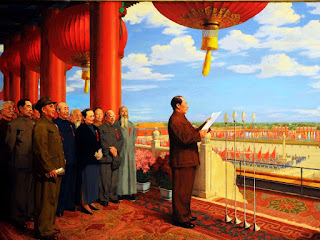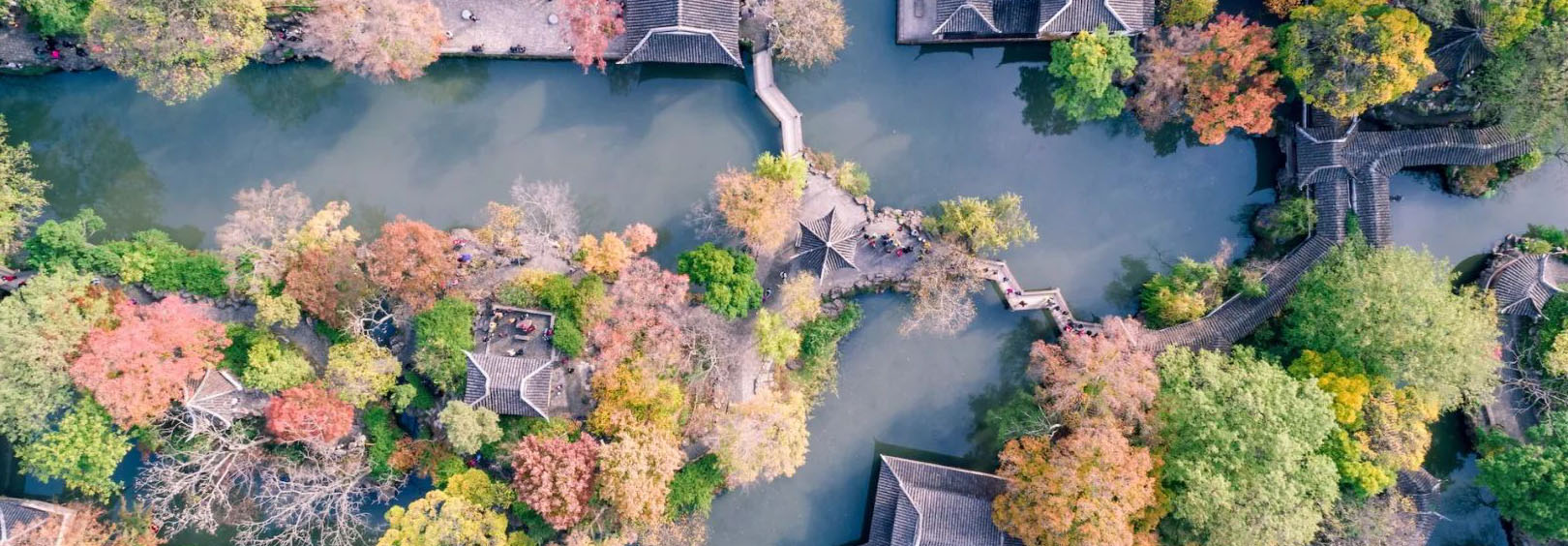Empress Dowager Cixi - Last Female Ruler in Chinese History
Empress Dowager Cixi (Nov.29, 1835-Nov.15, 1908), a concubine of Xianfeng Emperor and mother of Tongzhi Emperor, is an essential political figure in the late Qing Dynasty and the actual ruler of Qing court. She held power for 47 years, during which she launched two coups, set up two crowns, and promoted the social transformation three times. Only three years after her death, the game-changing Xinhai Revolution broke out, and China was dragged into the modern age.
Quick Facts about Empress Dowager Cixi
Name: Yehe Nara Xingzhen
Other Titles: Xiaoqinxian Empress, Empress Dowager Cixi (慈禧太后)
Nationality: Manchu
Born on: Nov.29, 1835 (Oct.10 in Chinese lunar calendar)
 |
| Empress Dowager Cixi |
Died on: Nov.15, 1908 (aged 72, Oct.22 in Chinese lunar calendar)
Zodiac: Goat
Spouse: Xianfeng Emperor
Child: Emperor Tongzhi
Sister: Yehe Nara Wanzhen (biological mother of Emperor Guangxu)
Religion: Tibetan Buddhism
Burial: Ding Mausoleum, Eastern Qing tombs
Concubinage
Cixi was born in a Manchu aristocratic family; she was named as Xingergu. She was
 |
| Young Cixi |
Xianfeng Emperor had been frail most of the time, and it was a time of great turbulence. In the north, the Anglo-French army was invading, and in the south, the Taiping Rebellion was tearing the empire apart, which imposed enormous pressure to the emperor. Yi Guifei (Cixi) was skilled at Chinese calligraphy, which made her a scrivener for the emperor. Sometimes, the emperor even allowed her to make her own statements, which induced discontent from ministers.
In 1860, Yi Guifei followed the emperor to Rehe to escape the invasion of the Anglo-
 |
| Xianfeng Emperor |
Power through manipulation
However, Cixi’s time has not arrived yet. She had to rule together with Empress
 |
| Chuxiu Palace |

In 1875, Tong Zhi Emperor died of illness and left no heir. Dowager Cixi made her
 |
| Guangxu Emperor |
From 1883 to 1885, the Sino -French War broke out. Qing army wasn’t losing, but Empress Dowager Cixi decided to make a treaty with France, the Sino-French New Treaty, which greatly satisfied France's appetite. Meanwhile, ministers of Privy Council, including Prince Yi Xin, were deposed, Empress Dowager Cixi began her tyrannic ruling.
"Retirement"
In 1889, Guangxu Emperor got married. Empress Dowager Cixi “gave back” the power to the emperor and retired. She could only provide advice to the emperor.
 |
| Qing Map |
Later, the Qing navy suffered an epic defeat. To finish the War early, Empress Dowager Cixi resisted Guangxu Emperor’s fighting proposal. She made peace with Japan, resulting in another treaty of national betrayal and humiliation - the Maguan Treaty.
 |
| Old Summer Palace |
After the Sino Japanese War in 1895, the foreign powers set off a frenzy to carve up China. To survive, Chinese reformists launched the Constitutional Reform and Modernization (also called Hundred Days' Reform), which was greatly supported by Guangxu Emperor. Cixi faced a dilemma. On the one hand, she wanted a strong nation. On the other hand, she feared that the Guangxu Emperor would break through her control. Therefore, she initially showed support and then made sure her men occupied all the important posts.
In June 1898, Guangxu Emperor issued an official document to perform reform.
 |
| China Being Carved Up |
Late Years
After the Wuxu Coup, the Boxer Rebellion broke out in north China. Cixi wanted the rebellion to be put down, but the uprising was too strong. She thought of leaving the Boxers Movement alone as these revolters also fought against foreigners. However, the foreign powers were not happy; they demanded the Qing court to exterminate Boxers. Under pressure, Cixi, on the one hand, ordered the Qing army to stop
 |
| Beijing Zoo Built by Cixi |
However, the Eight-Power Allied Forces were not happy. They marched forward and broke into Beijing on Aug.14, 1900. Empress Dowager Cixi was shocked. She took the emperor, young empress, and some ministers and fled to Xian. The next year, one more treaty of national humiliation, Peace Treaty of 1901, was signed between China and 11 imperialist countries. It required that China had to pay reparation of 22,500,000 km silvers and open the whole country to them. Until Jan.8, 1902, Empress Dowager Cixi made it back to Beijing. During her flee, she declared that China would have a reform involving economics, military affairs, education, administration, and more.
In 1904, the Russo-Japanese War broke out, and the battlefield was in northeast China. Empress Dowager Cixi declared neutrality, which prevented China from suffering.
 |
| Forbidden City |
In 1905, Empress Dowager Cixi sent five ministers for an expedition overseas. The next year, she declared provisional constitution-making and issued the Outline of the Imperial Constitution in 1908 with its content resembling that of German and Japanese constitution. She also managed to ask refund from seven countries and invested the money in education. On Nov.14, 1908, Guangxu Emperor died with no heir. The next day, Empress Dowager Cixi passed away, leaving a will that Fu Yi would be the future emperor. In Oct. 1909, she was buried in Ding Mausoleum of Eastern Tombs.
Visit the Residence of Empress Dowager Cixi:
Beijing City Day Tour to Forbidden City and Temple of Heaven



Comments
Post a Comment